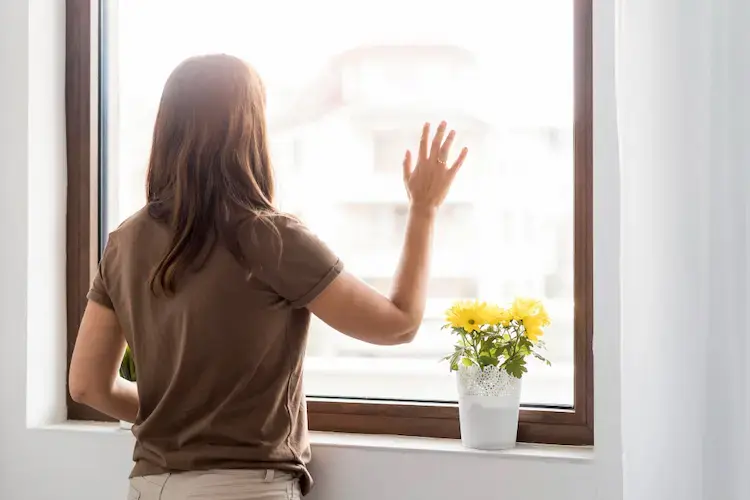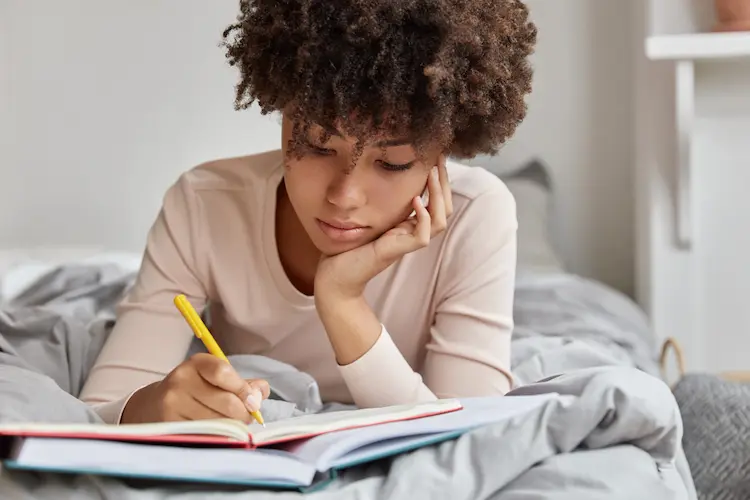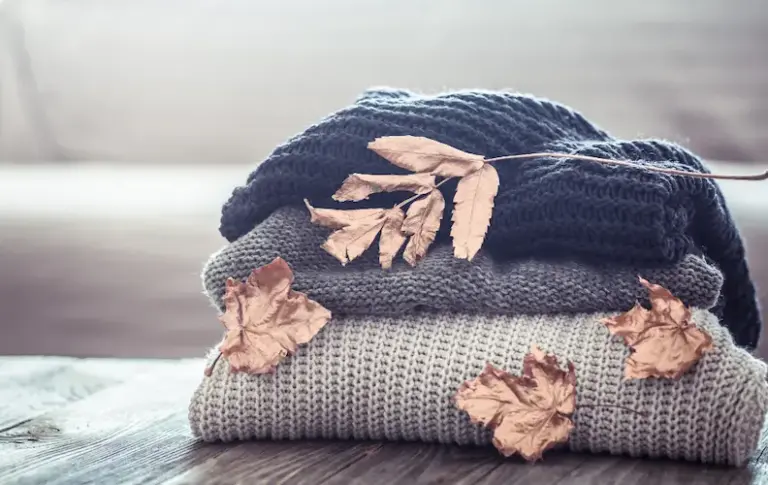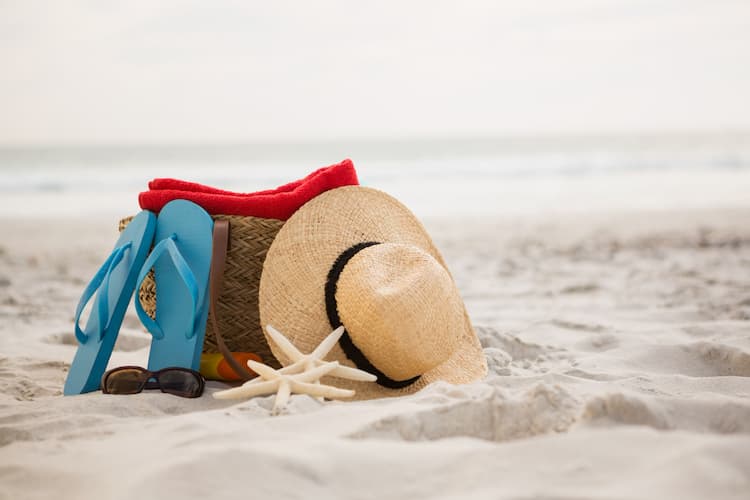9 Great Ways to Start Managing Anxiety with Minimalism
This is a Guest Post by Cora Gold of www.revivalist.com
Minimalism can be a helpful way of living. By being more meticulous about what you buy, you exercise control over your space, making it more conducive to both your productivity and relaxation. While it isn’t for everyone, many people who adopt this lifestyle find it helpful — including those with anxiety.
Feelings of uneasiness and helplessness can be overwhelming when you have an anxiety disorder. Becoming a minimalist can help alleviate those emotions in a variety of ways.
Let’s find out you might start managing anxiety with minimalism!
1. Cleaning Becomes More Bearable
A dirty environment can often worsen anxiety. The endless distractions make it difficult to work. To make it worse the mess takes up a lot of your space, making it hard to relax.
Luckily, cleaning and organizing are key disciplines when adopting minimalism. That puts you back in control of your environment.
Minimalists are also big on decluttering. If you have too many items, you can practice purging your possessions. Let go of your furniture or decor when it no longer sparks joy. Donate them to a charity or give them to a friend.
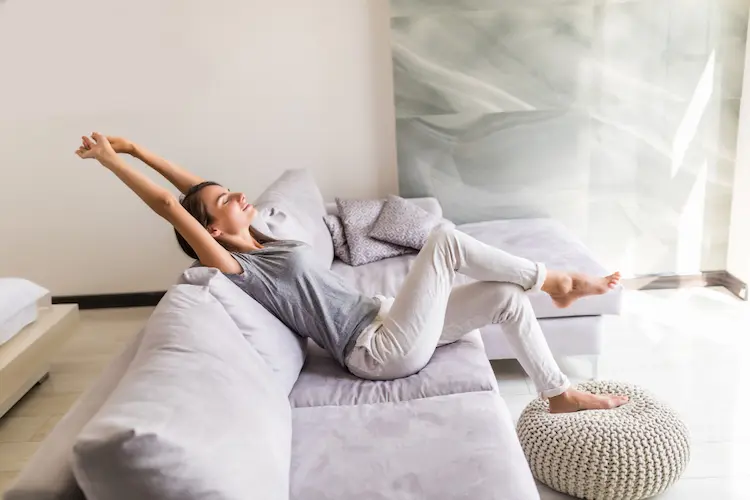
2. Opening Up Time and Space Can Be Freeing
Minimalist cleaning can make your household much easier to manage because you have fewer items. Another perk of simplifying your chores is freeing up time, which can be beneficial for time anxiety.
Aside from extra time, minimalism can also help free up space. Fewer possessions open up various areas of the home you can utilize for storage or hobbies.
It’s also perfectly fine to leave as space empty if you don’t find a use for it. Give yourself room to breathe.
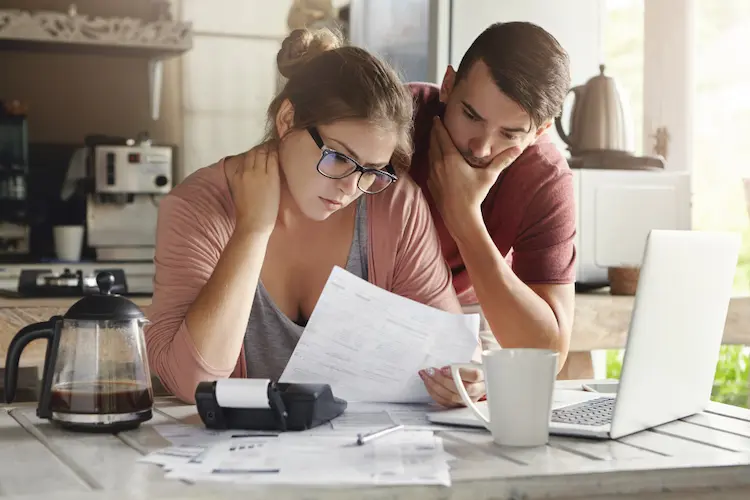
3. Spending Less Creates Less Stress
Some people’s anxiety stems from their financial pressure. In fact, about 74% of Americans experience stress about their personal finances. It’s a fair sentiment, as so many products on the market have a high price tag due to inflation.
Being a minimalist spender can help you recalibrate how you manage your money. When you look at a particular item, consider whether it’s a want or need. If it’s more of a desire than a necessity, determine whether it’s really worth getting before taking your wallet out.
This will help you start saving money and reducing debt which will drastically reduce your stress and anxiety about finances!
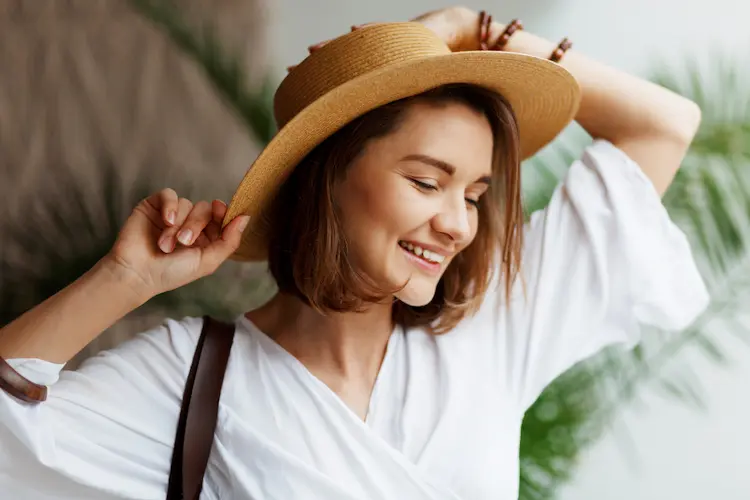
4. Curating a Closet Helps With Self-Expression
With so many growing fashion trends and a perpetual fear of missing out, someone with anxiety may have an overwhelming wardrobe on their hands. There might be pieces in there that don’t fit your style or items you’ve simply outgrown.
Instead start using minimalism for anxiety and simplify what you wear. Practice minimalism with your closet. Purging and curating your clothing can narrow down which clothes actually help you express yourself best.
A minimalist wardrobe can also help eliminate anxiety in picking outfits daily. Just take it slow and ask yourself questions to figure out which ones to give away.
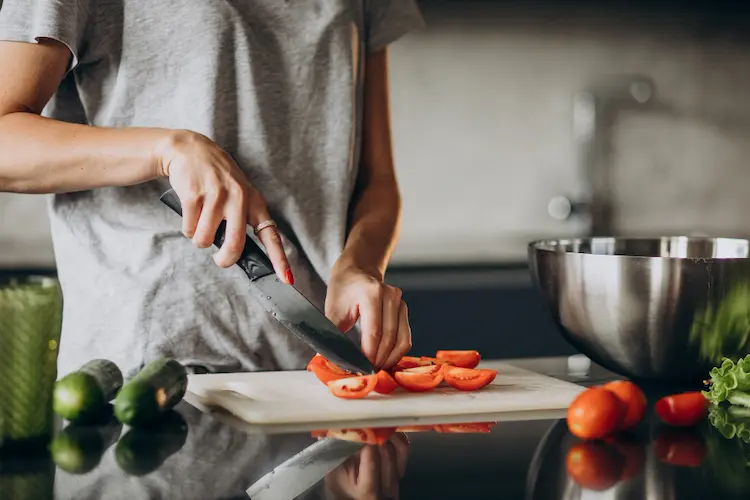
5. Engaging in Minimalist Hobbies Is Beneficial
Trying minimalist hobbies can offer various benefits to anxiety management. There’s little to no need for equipment, too. Here are a few examples:
● Meditation: A minimalist household can be a great environment to meditate in since it’s easier to focus without the clutter. Taking time to be mindful about your life can also help clear out any preexisting thoughts and worries you’re dealing with.
● Camping: Heading to the outdoors can free you from technology and social media, and relieve social anxiety from navigating those digital spaces. It’s often easier to bond with people and foster relationships in person.
● Cooking: Cooking is a great minimalist hobby since it’s an everyday act that takes utensils and ingredients you already have. Craft some flavorful dishes or create comfort food that takes your mind off your anxiety.
● Journaling: Whether done digitally or on paper, journaling can help put your thoughts and experiences into words. It can be a healthy practice when you usually feel too overwhelmed by your mind.
● Drawing: If you’re not writing-oriented, opt for art instead. Drawing on your mobile device or in a sketchbook is a great creative outlet. Plus, the process can help ease anxiety and improve your mood.
● Podcasts and audiobooks: Listening to different podcasts and audiobooks can be eye-opening. There are a variety of stories to hear and lessons to pick up. They can also be quite calming, which is perfect for your down time.
6. Minimalist Habits Improve Routines
Most people stick to routines out of comfort. However, it can be a little tricky to keep up with your typical schedules with the uncertainty of life. It’s easy to experience anxiety in these situations, but minimalist habits can add to and optimize your routine.
For instance, minimalists focus on organizing different aspects of their lives. When you’re disorganized, you can find yourself procrastinating important tasks due to lack of motivation and fear of failure. You might know you need to clean your kitchen, but you feel discouraged by the amount of clutter. Once you tackle the clutter and move forward with a minimalist mindset, you won’t have as much to do next time.

7. Letting Go of Negativity Comes Naturally
People with anxiety often feel a variety of negative thoughts and emotions. The world can have many circumstances you may feel fearful about, but there are also personal feelings of sadness, anger and self-criticism too.
Harboring this negativity is bad for your mental health.So how can you start managing anxiety with minimalism when negative thoughts want to take over?
A minimalist mindset is all about letting go of what doesn’t serve you and developing and attitude of gratitude. That includes the heaviness that would come with these deep-rooted feelings. Setting those excessive emotions aside can open up more space for positivity. Get in the habit of letting go of stuff and it might just be easier to let go of painful thoughts.
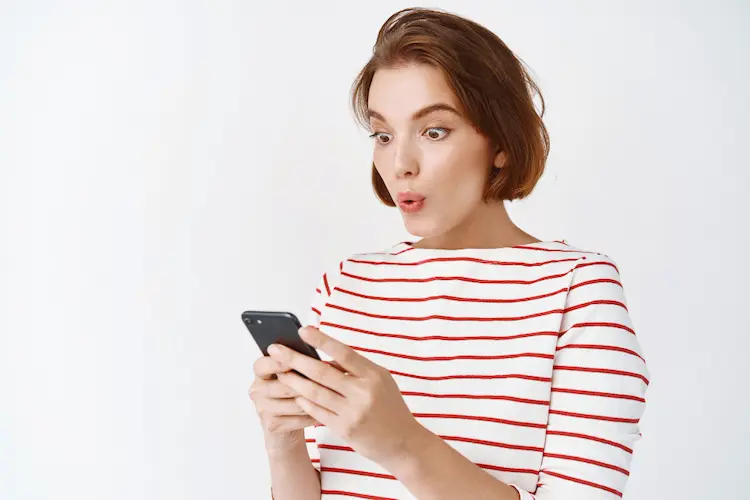
8. Minimalism for Anxiety Because It Will Clarify Priorities
Some anxiety could stem from envying other people. It’s easy to see people’s lavish lifestyles on social media, causing you to think about how much you need those material possessions.
Adopting minimalism can help offer some clarity about what’s actually valuable to you. Not having those products is OK because you have a different set of priorities. There’s no need to be anxious, as the life you want to lead doesn’t have to be the same as the glamorized lives of others.

9. Minimalism Is Sustainable
Many people are dealing with climate anxiety. A survey finds 64% of Americans worry about global warming to a certain degree.
If you want to find a way to help out, several have commended minimalism as a practice that fights against climate change.
Minimalism is all about keeping fewer possessions than normal, like environmentalism. You could also opt for more eco-friendly products and alternatives that minimize your carbon footprint.
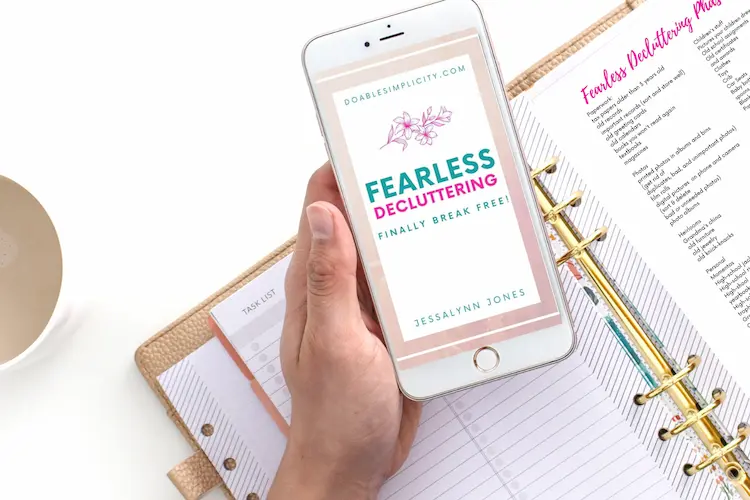
Will You Start Managing Anxiety with Minimalism?
There are many great ways to manage anxiety out there. Will you try minimalism for anxiety to your tool belt?
While it’s not a direct treatment, these lifestyle changes could positively impact your mental health. Try to integrate the habits slowly until you feel comfortable with fully adopting them.
If you want more help to jumpstart your journey to the minimalist lifestyle grab the Doable Simplicity e-book and learn how to make minimalism fit your life!
Meet the Writer:
Cora Gold is freelance writer who covers minimalism and green living. She is also the Editor-in-Chief of women’s lifestyle magazine, Revivalist. Follow Cora on Twitter, LinkedIn and Pinterest.


